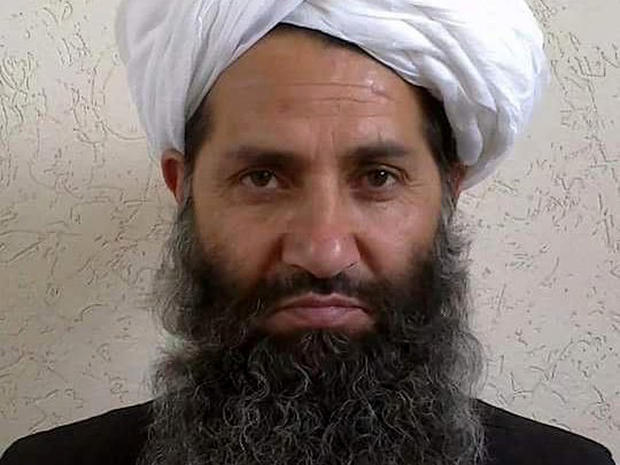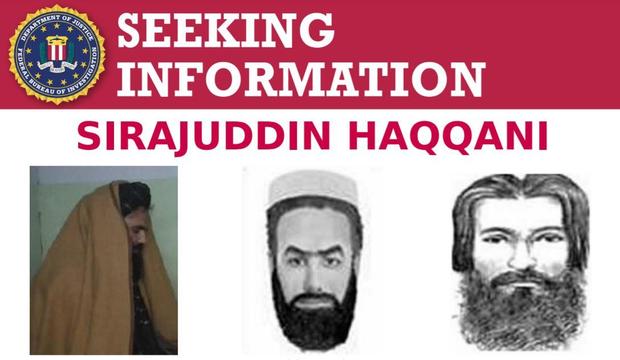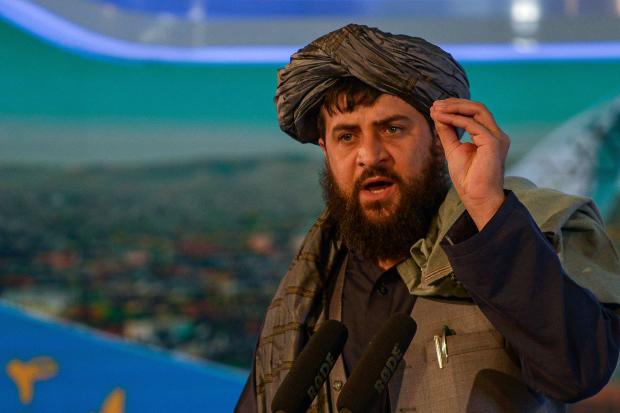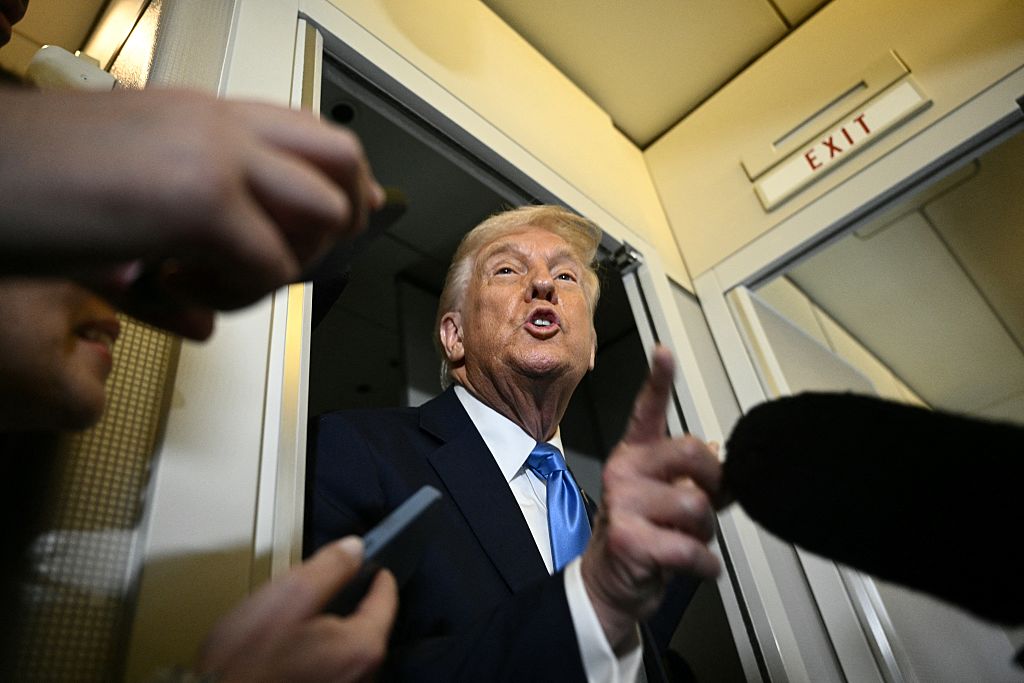Afghanistan's Taliban ruler faces rare internal criticism, revealing divisions
There has been speculation for many years about internal rifts within Afghanistan's Taliban, but the Islamic extremist group that retook power over the country in 2021 has largely managed to act as a cohesive military and political entity. Its commanders and politicians take their orders from a powerful leadership council based not in the capital of Kabul, but in the Taliban's traditional homeland of Kandahar, in southern Afghanistan.
Behind this powerful entity is a reclusive supreme leader, Mawlavi Hibatullah Akhundzada. Since the group came back to power with the U.S.-led military coalition withdrawal a year and a half ago, he has issued a series of draconian edicts dragging Afghanistan back toward the stone age.
During the two decades of war with the West between the Taliban's previous reign and its current one, women gained a huge foothold with access to education and the workplace. Those basic rights have been all but erased in less than two years by Akhundzada, despite a huge international backlash that has seen the Taliban regime shunned by the international community.
But the leader's obstinance appears to have created, or at least brought into the light, a power struggle.
Influential figures in Afghanistan, seemingly frustrated by Akhundzada's refusal to consider Western demands to restore women's rights in exchange for desperately needed financial support, have issued rare public criticism aimed at the supreme leader.
Last week, the Taliban's powerful acting Minister of Interior, Sirajuddin Haqqani, who is also the leader of the Haqqani network and a deputy to the supreme leader, publicly criticized his boss for damaging the government and monopolizing power.
"Today we consider ourselves so entitled that targeting, challenging and defaming the entire system have become common," Haqqani said in a speech at a graduation ceremony for religious students in his own powerbase, in the eastern Khost province.
He did not name Akhundzada in the address, which CBS News has obtained video of, but said "this situation cannot be tolerated any longer … Today I have a different responsibility, and that is to make myself closer to the people."
Despite being the leader of a brutal terror network that killed hundreds of innocent civilians and dozens of U.S. soldiers in suicide attacks during the war — and having a $10 million FBI bounty on his head — Haqqani is said to be in favor of restoring at least some of the rights to education and work that Afghan girls and women had prior to the Taliban's takeover in 2021.
After his remarks, more criticism came from the office of Afghanistan's Deputy Prime Minister Abdul Salam Hanafi. Last weekend, he also publicly expressed disapproval of the supreme leader's edicts. He said the Taliban could not claim to lead an independent nation without ensuring a robust education system.
"The duty of a mufti — a Muslim scholar who gives rulings on religious matters — is not only to say prohibited, prohibited, prohibited," he said at a gathering at Kabul University. Without naming the supreme leader, he said: "When you prohibit something, you should also state the solution for it."
Although the position Hannafi holds within the Taliban regime is largely a symbolic role, his criticism clearly indicated discontent with the supreme leader.
The third noteworthy criticism within a week came from the Taliban's acting Minister of Defense, Muhammad Yaqoob Mujahid. In an event celebrating the anniversary of the former Soviet Union's withdrawal from Afghanistan, the powerful Taliban figure said, "we should never be arrogant and should consider the legitimate demands of people."
Mujahid is the son of the Taliban's founder, the late Mullah Omar, and is one of the group's most influential figures in southern Afghanistan.
"It is now clear that the rejection [of the Taliban's legitimacy] by the international community — which includes major Islamic countries — comes from the negative decisions about the status of women the Taliban have taken," political analyst Tariq Farhadi told CBS News. "Those decrees come from the Taliban leader who is based in Kandahar. Important voices of disagreement have now risen from within Taliban."
An independent news channel run by exiled Afghan journalists in Virginia and Canada, Amu TV, has reported that, following the Taliban's return to power in 2021, the group's leadership has taken on a triangular format, with Akhundzada, Yaqoob and Haqqani all taking on specific roles, but the supreme leader at the top.
Both Yaqoob and Haqqani are said to be in favor of trying to restore relations with the outside world, but they are deputies of Akhundzada within the apparent power-sharing structure, and there's no indication that they're about to unite to challenge the supreme leader.
Still, their public criticism is significant, and it may herald a difficult phase for the group which, if not checked, could descend into factional in-fighting that would be devastating for the country.
The Taliban's main spokesman, Zabihullah Mujahid, dismissed the reports of any rift among the group's leaders, telling a state-run news outlet Thursday that "some foreign circles … misuse the statements of our leaders" to wrongly portray disunity.








